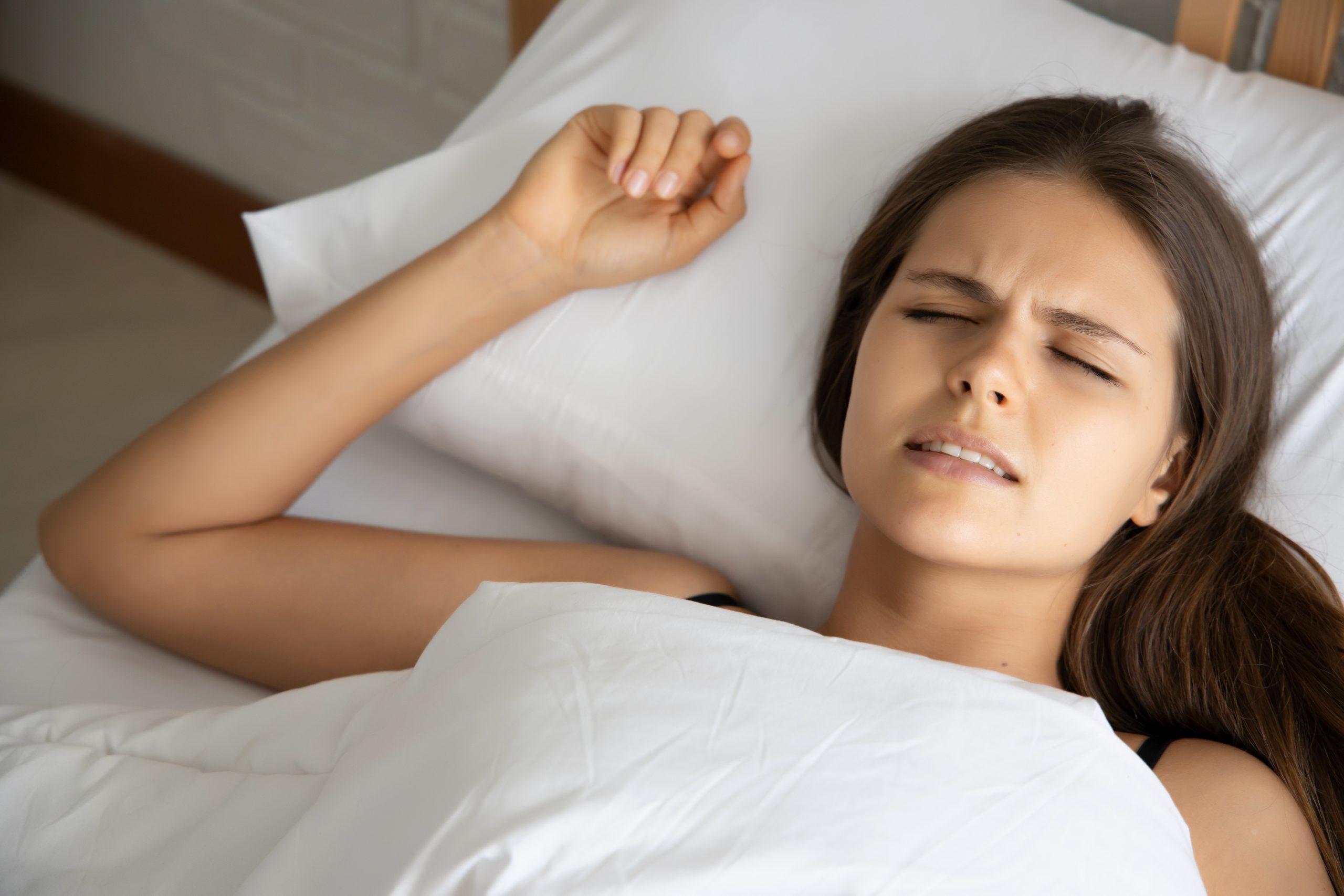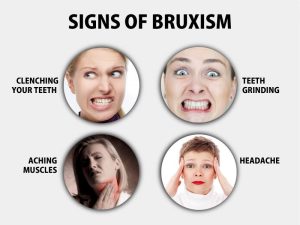- 26 February 2024
- 111
Soothing Sleep-Time Grinds: Remedies for Teeth Grinding

Introduction
Teeth grinding, medically known as bruxism, is a common condition affecting millions worldwide. Often occurring during sleep, it can lead to various dental issues and discomfort. Finding effective remedies for teeth grinding is essential for ensuring a good night’s rest and maintaining oral health. In this comprehensive guide, we explore various strategies and treatments to alleviate the symptoms of bruxism and promote soothing sleep-time grinds. Explore More About (Motion Sickness)
Understanding Bruxism
Bruxism is characterized by the involuntary clenching, grinding, or gnashing of teeth, typically occurring during sleep. While occasional teeth grinding might not cause significant harm, chronic bruxism can lead to dental complications, jaw disorders, headaches, and disrupted sleep patterns.
Causes of Bruxism
Bruxism can be attributed to various factors, including:
- Stress and Anxiety: Psychological factors such as stress, anxiety, or tension often contribute to teeth grinding.
- Malocclusion: Misalignment of the teeth (malocclusion) can result in bruxism as the jaw seeks a comfortable position during sleep.
- Lifestyle Factors: Habits like excessive caffeine intake, alcohol consumption, or smoking can exacerbate bruxism.
- Medications: Certain medications, such as antidepressants or stimulants, may increase the risk of teeth grinding.

Symptoms of Bruxism
Identifying the symptoms of bruxism is crucial for early intervention. Common signs include:
- Teeth Grinding Sounds: Often reported by sleep partners or family members.
- Morning Headaches: Waking up with headaches or facial pain.
- Jaw Discomfort: Soreness, tightness, or stiffness in the jaw muscles.
- Tooth Sensitivity: Increased sensitivity or pain in the teeth.
- Damaged Teeth: Fractured, chipped, or worn-down teeth.
Effective Remedies for Teeth Grinding
Managing bruxism involves a multi-faceted approach targeting underlying causes and alleviating symptoms. Here are some effective remedies to consider:
1. Stress Reduction Techniques
Since stress and anxiety are significant contributors to bruxism, incorporating stress-reduction techniques into your daily routine can help alleviate symptoms. Practices such as meditation, deep breathing exercises, yoga, or mindfulness can promote relaxation and reduce teeth grinding.
2. Dental Appliances
Dental appliances, such as mouthguards or splints, are commonly prescribed to protect the teeth from the damaging effects of bruxism. These custom-fitted devices create a barrier between the upper and lower teeth, preventing grinding and reducing muscle strain.
3. Lifestyle Modifications
Making lifestyle changes can also play a significant role in managing bruxism. Avoiding stimulants like caffeine and alcohol, practicing good sleep hygiene, and maintaining a balanced diet can help reduce teeth grinding episodes.

4. Muscle Relaxation Techniques
Engaging in muscle relaxation techniques before bedtime can help alleviate jaw tension and reduce the likelihood of bruxism. Techniques such as applying warm compresses to the jaw, gentle jaw stretches, or massage therapy can promote muscle relaxation and soothe discomfort.
5. Cognitive Behavioral Therapy (CBT)
For individuals whose bruxism is primarily triggered by stress or anxiety, cognitive-behavioral therapy (CBT) can be beneficial. CBT aims to identify and modify negative thought patterns and behaviors associated with bruxism, ultimately reducing teeth grinding episodes.
6. Medications
In some cases, healthcare providers may prescribe medications to manage bruxism symptoms. Muscle relaxants, anti-anxiety medications, or botox injections are among the pharmaceutical options that may be considered, particularly for severe cases of bruxism.
Conclusion
Teeth grinding, or bruxism, can significantly impact oral health and overall well-being if left untreated. By understanding the causes and symptoms of bruxism and implementing effective remedies such as stress reduction techniques, dental appliances, and lifestyle modifications, individuals can alleviate symptoms and promote soothing sleep-time grinds. It’s essential to consult with a healthcare professional or dentist for personalized treatment recommendations based on individual needs and severity of bruxism.

